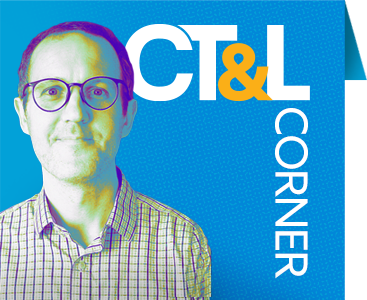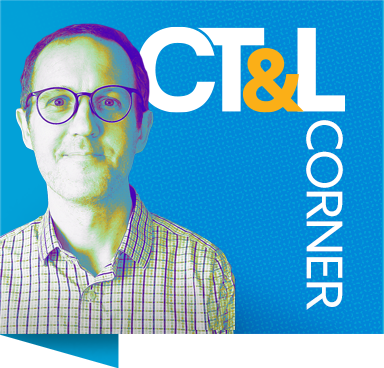A long time ago (well, graduate school, which feels like a long time ago), I fell in love with a quote about teaching: teaching is not necessary for learning to occur (Duke, 2005: Link to Review). What did it mean to me? It means that students can learn without teachers, and it also means that teachers need to consider what they add to the learning process. It can’t just be the information (that’s available elsewhere). What struck me about this quote is that it serves as a null hypothesis for the work that we do: rather than starting from the assumption that teaching is a necessary component of the learning process, think in terms of how teaching adds to learning.
Related to this idea is a quote from basketball coach John Wooden: “You haven’t taught until they’ve learned.” It’s a natural corollary of the previous quote. Teaching is only valuable in the service of facilitating learning. This aligns with the idea that teaching can’t be only information, as presenting information alone is not teaching. Learning is a change in knowledge, behavior, disposition, and we can see it in some meaningful way. Thus, we are only teachers insofar as we bring about these changes in our students.
These ideas have challenged me to consider what I provide to my students: I often say that I’m more patient with them than they are with themselves. I break down the process of learning, turning lessons into a form of supervised practice. While I may do those things, I also provide a relational context in which learning can take place. Just as a personal trainer can help critique the exercise we could just as well do on our own, finding a teacher who can help you navigate the inevitable difficulties of the learning and creative processes is (more than) good-enough.
I can think of learning challenges I’ve faced in my own life and times where a teacher has been either a key ally or a difficulty in their own right. The Hippocratic oath in medicine states, “First, do no harm.” I’ve let my desire for quality get the better of me at times, and I’ve neglected this idea that music (or art) is never more important than the people who make it. What does it mean to do harm to students: is it blunting their enthusiasm? Failing to challenge them sufficiently? (A lack of challenge can be seen as a lack of belief).
While the above quote has inspired a great deal of thinking about teaching and learning, I can’t say that it has provided all of the answers. At the same time, it has served as a pedagogical touchstone, reminding me that my work only exists in relation to students who want to learn. By extension, my work as someone who partners with instructors only exists in support of learning through support of those who teach.


